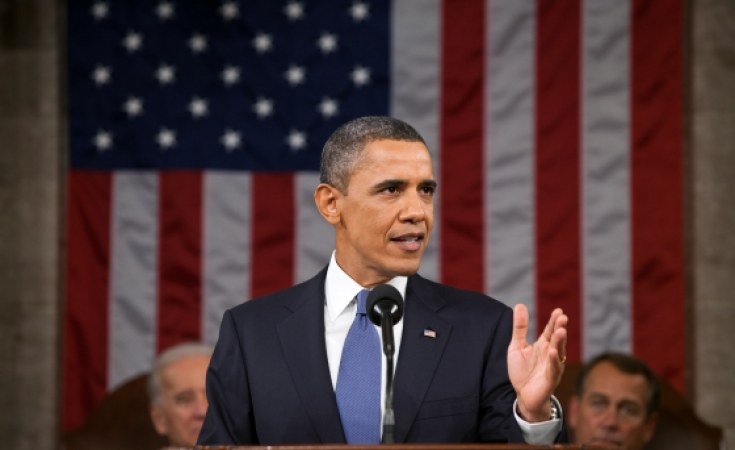Harare — U.S. policy toward Zimbabwe is guided by fundamental principles of rule of law, good governance, and human rights protection. Our interests are first and foremost peace, stability, and growth for the betterment of the people of Zimbabwe and the region.
Our policy is also prepared to respond to the evolving situation on the ground in the land-locked African nation. After a difficult decade marred by human rights violations, economic mismanagement, and political violence, we stand strongly and firmly by the leadership of the Southern African Development Community (SADC) in pushing for improved democratic processes and the rule of law.
Zimbabwe is in a more hopeful and optimistic position than five years ago. 2008 was a terrible year filled with uncertainly, fear, and economic devastation. Zimbabwe’s neighbors in SADC stepped in to help get the country back on track. The United States strongly supported this process.
With SADC intervention, the three main competing political parties formed a government of national unity and managed to work well enough together to stabilize the economy and put the country back on a path toward normalcy. Although it has faced numerous problems and has not achieved all of the goals set out for it, the government of national unity has been useful in allowing the parties to work together and in giving members of the opposition parties experience in governing.
Since taking up the position of Ambassador in Zimbabwe last November, I have consistently spoken out against politically-motivated violence, on both a large and small scale, by any group. I will continue to do this and to put non-violent, democratic principles and processes at the top of our foreign policy agenda in Zimbabwe.
The 2013 elections are critically important. They will be an opportunity for Zimbabwe to show how much progress has been made in the past five years. It is important that the elections be credible, transparent and peaceful, especially keeping in mind that the election process is more than one day.
The preparations, campaigns, and ability of the government-elect to assume power are all critical. The strength of the next government will be determined by how much confidence the people of Zimbabwe have in these elections.
A broad range of domestic and international observers, welcomed not just in the few days before and during the elections, but for a sufficient period of time to assess the overall conditions for elections, will be essential if the elections are to be deemed truly free and fair.
I remain concerned about serious political problems on the ground, such as intimidation of voters and civil society, and access to broadcast media for all political parties and have spoken publicly about all of these things. However, we hope that with the right action from the President, security sector leaders, and other political figures, credible and peaceful elections are possible this year.
President Mugabe has repeatedly called for peace and his words are important. The actions of his followers and the security forces should be consistent with his words. It is significant that ten years ago the President’s message was very different, and, therefore, I believe that highlighting his constant calls for peaceful elections is something that all supporters of Zimbabwe should do.
But again, words without action are meaningless, and I intend to use all of my power as President Obama’s chief representative in Zimbabwe to engage all actors in support of peaceful, credible elections and an improved bilateral U.S.-Zimbabwean relationship.
D. Bruce Wharton is U.S. Ambassador to Zimbabwe


